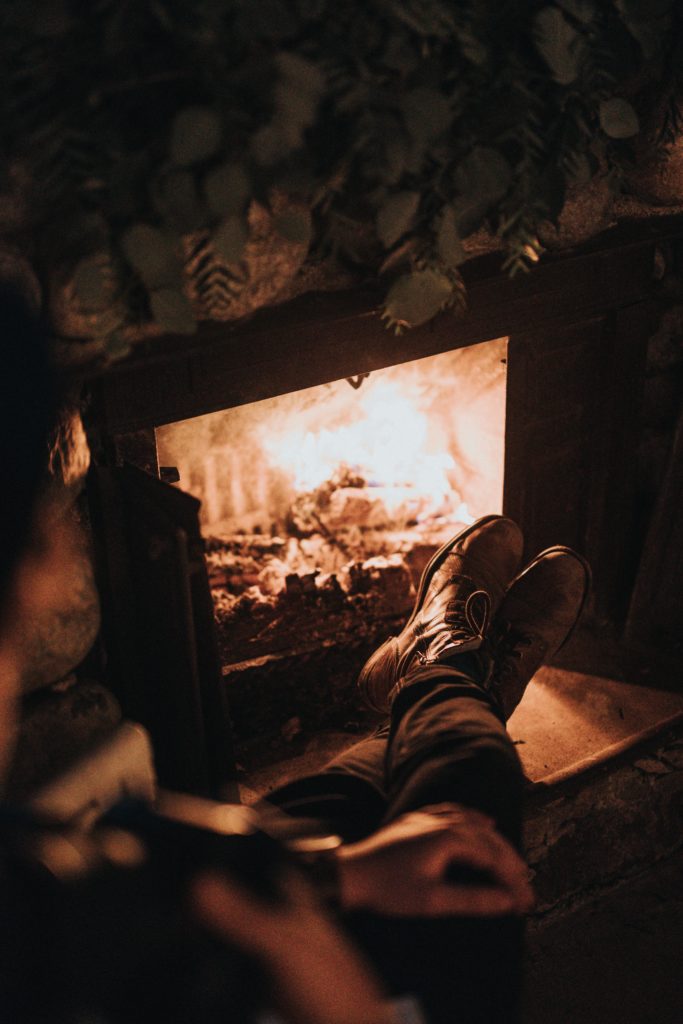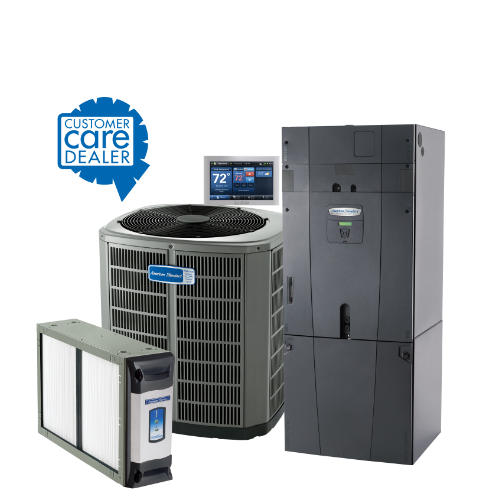Home Heating
Did you know, more home fires occur during the winter months than any other time of the year? With Spring quickly approaching, many of us are still switching back and forth between cold and hot, and we really don’t know what kind of weather to expect this time of year. One thing we can expect, is that many people will still be heating their homes even into early April with little knowledge of the safety concerns that come with keeping your home warm. When using more than just a centralized heating system, you should be aware of the best practices of home heating safety to keep you and your family safe this season.
Fireplaces
Some days, all we can think about is getting home and getting in front of the fireplace. Fireplaces are so common that it’s easy to assume we know what we’re doing. However, it’s important you read through these tips, just to be sure!
First and foremost, open the damper and make sure the smoke is going up the chimney, not in your house. Always use the fireplace tools to handle anything in the area. They are there for a reason. Keep the screen closed, and if you don’t have one, get one. If you don’t want a screen, a nonflammable rug or hard surface in front of the fireplace should help. Do not leave the fire unattended. It never hurts to hear that one again. Lastly, when cleaning the ashes, keep the damper open and place them in a steel container. Follow those steps and you’ll be having cozy nights by the fireplace for years to come.
Wood Burning Stove
The misuse of wood burning stoves has led to an alarming number of fires across the US over the past few years. Many people are drawn to wood burning stoves because of their unique look but don’t understand the dangers that come with using them. If you have, or are planning to get a wood burning stove, read through these safety tips.
There must be a 36 inch clearance from any walls, ceilings, floors, furniture, or anything combustible. The base of the stove should be on a 36+ inch, noncombustible surface.
There are many articles that discuss the best types of wood to burn in your stove, but the best thing is just to make sure the wood is dry throughout. There should be some type of ventilation for your wood stove, and if there’s not then don’t burn it. These types of stoves are highly unsafe and not recommended for use in your home. Lastly, just like the fireplace, ashes should be properly handled and disposed of in a steel container. Wood burning stoves are beautiful, but it’s imperative you know how to properly use one, before putting it in action.
Space Heaters
Many of us often use space heaters to keep warm on colder days, so it’s important that we know how to properly use them. First and foremost, if you’re using a gas or oil burning space heater, make sure it is outdoors. These space heaters need a well-ventilated environment since they produce dangerous combustion gases that replace oxygen, creating a very unsafe environment when indoors.
Using an electric space heater inside is not a problem as long as certain safety precautions are followed:
- Keep objects at least 3 feet away from the heater, including yourself. Your skin can burn just as easily as furniture, so keeping a safe distance from the heater will lower the risk of bodily injury or fires.
- Do not use an extension cord to plug in your space heater and be sure to turn it off and unplug it when it’s not being used.
- Don’t use space heaters in damp areas or on counter tops unless they’re specifically made for that purpose.
- Make sure your space heater has been tested for safety by a nationally recognized testing laboratory to ensure top safety from the get-go.
Home heating safety is an important topic that you should discuss with your family to be sure you’re protected this season, and every season. If there are any other appliances you use to heat your home, and you have questions about them, give us a call at 334-887-9020. We will be happy to help!
Spencer Heating & Air is your local Auburn, Alabama independent American Standard Heating and Air Conditioning Contractor.






